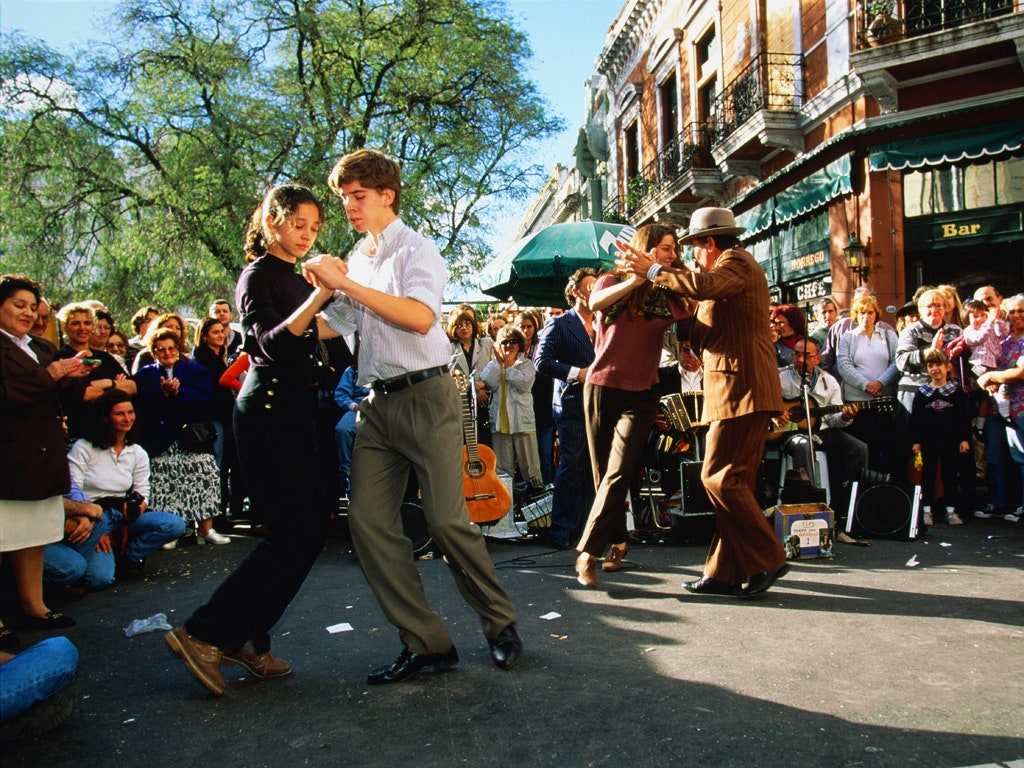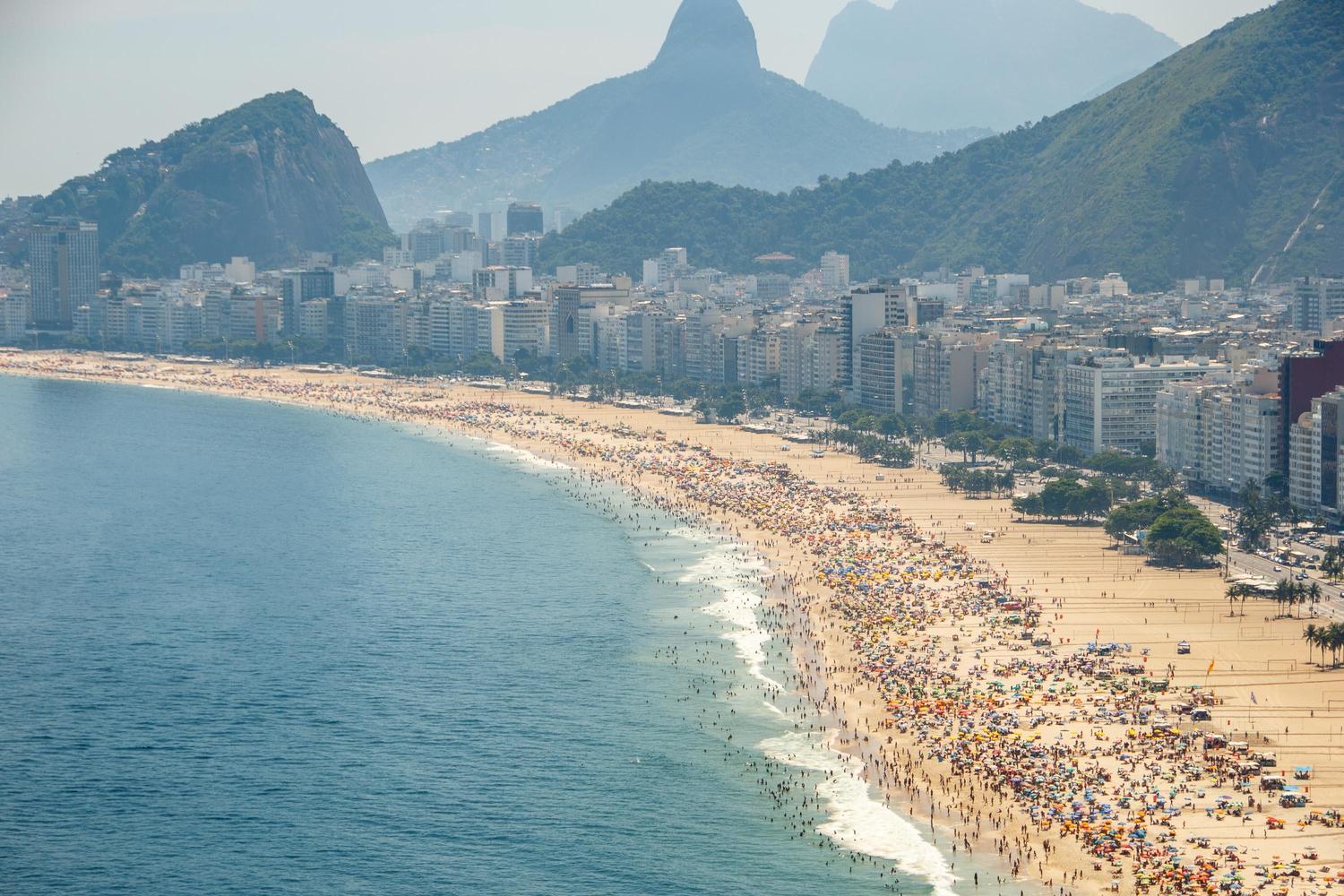Exceptionally hard-hit by the pandemic, COVID in South America is seeing a sudden drop in cases and deaths, apparently from rapid and thorough vaccines on the heels of a horrific wave that provided antibodies to those it didn’t kill. Countries starts to lift restrictions to international travelers.
Over a seven-day period, the continent now makes up 6% of cases and 9% of deaths, the lowest since the start of the pandemic. At its peak in June, it represented 38% of global infections and 44% of fatalities.
One peculiarity of the continent is that the delta variant upending plans from Asia to the U.S. hasn’t found traction there. It had similarly contagious mutations, known as gamma and lambda, and their presence may be keeping delta at bay and extending immunity. This is distinct from Mexico, Central America and Cuba, where delta has taken hold and the other two hadn’t.
“Vaccination occurred in an environment where there had already been a high level of transmission,” said Lyda Osorio, an epidemiologist at Universidad del Valle’s school of public health in Cali, Colombia. “So a hypothesis that one could anticipate is that the vaccines became that ‘booster’ for people who had already been infected, and that immunity may last a little longer.”
COVID in South America has responds for 1.15 million of the 4.75 million officially registered deaths during the pandemic, 24% of the total, despite only having 6% of the world’s population. Even accounting for severe under reporting, nearly 10% of the population has tested positive.
The region is used to shots for yellow fever, malaria, meningitis and other diseases, and COVID in South America has become another line on the vaccination card for most.
The Best and Worst Places to Be as We Learn to Live With Delta
Six of the 10 major countries in South America have given at least a first dose to 50% of the population. Chile, Ecuador and Uruguay have fully vaccinated a greater share than in the U.S. In the Brazilian cities of Sao Paulo and Rio de Janeiro, 99% of eligible adults have received a shot, and boosters have been rolled out to many already.
“Our population has a culture of vaccination and there isn’t as much rejection as in other places,” said Maria Teresa Valenzuela, a professor at the University of the Andes in Chile and an adviser to the health ministry. “People have been responsible in obeying the calls of the authorities and it’s been orderly in terms of ages, risk groups and finding gaps where it has lagged behind.”
The brutal wave that hit the continent in the first half of 2021 came amid feeble vaccination rollouts due to supply and logistics constraints. At one point, Brazil — which has the second-most deaths globally after the U.S. with a smaller population — was averaging more than 3,000 deaths a day. And Peru remains the country with the highest death rate per capita.
“The surge we had between February and May is unparalleled,” said Fernando Spilki, a Covid researcher at Brazil’s Science and Technology Ministry. “So you create some form of immunity.” He said combined with vaccinations, that could prevent another massive outbreak.
The sudden improvement in the region is nonetheless creating debate. Medical professionals are pointing not only to steadfast vaccination rates with little hesitancy and naturally-accumulated antibodies from widespread contagion earlier in the year but sustained mask wearing and delays in reopening. They also acknowledge that much remains mysterious in the virus’s behavior.
The trauma from the previous wave has meant that sports stadiums have remain largely closed and indoor concerts haven’t started up again as they have in parts of North America. Now, South America, with some 420 million people from the Caribbean Sea to Antarctica, is starting a return to pre-pandemic ways, creating both relief and anxiety.
After closing its airports for most of 2020 and then restricting daily visitors to just 600 people including citizens, Argentina is preparing a full-fledged reopening in the coming weeks. Chile, which arguably had the longest-running curfew in a democratic country, will also lift evening restrictions.

While the lull is being enjoyed by a battered down region which is largely heading into spring and summer, doctors warn against letting the guard down. For now, a majority of people continue to mask-up outside in major metropolitan areas, including parks.
Gustavo Miranda, a researcher at the University of Sao Paulo, says he’s concerned.
“If we give up sanitary measures, like masks, delta will become predominant because it spreads so easily,” he said. “We’re walking a very fine line, and it’s impossible to say the pandemic is in check. We’re winning the war battle by battle, but it could turn against us at any time.”
By Daniel Cancel and Andrea Jaramillo with assistance by Eduardo Thomson, Marisa Wanzeller, Sebastian Boyd, and Gabriela Mestre. Published on September 29, 2021 @ bloomberg.com

